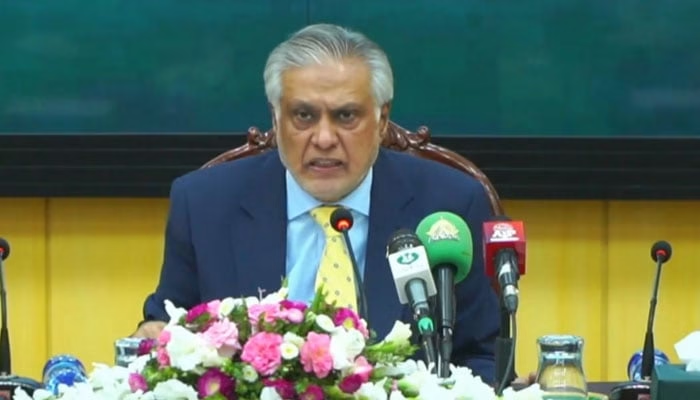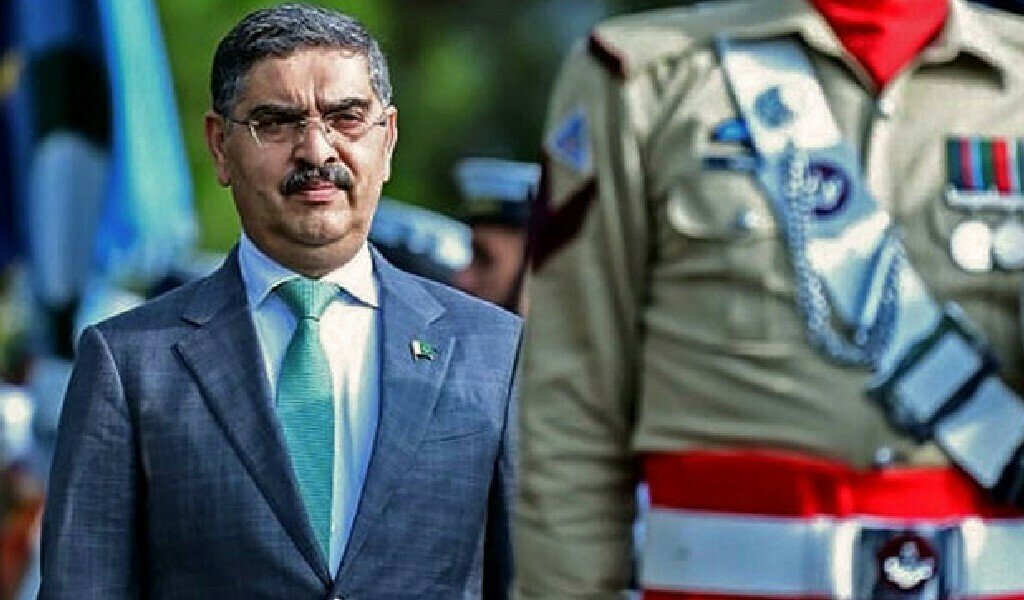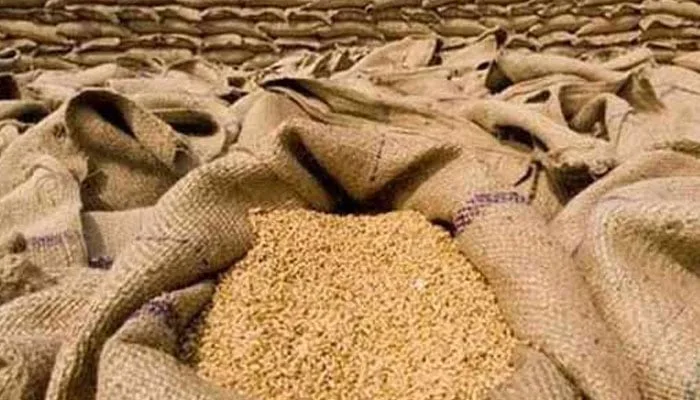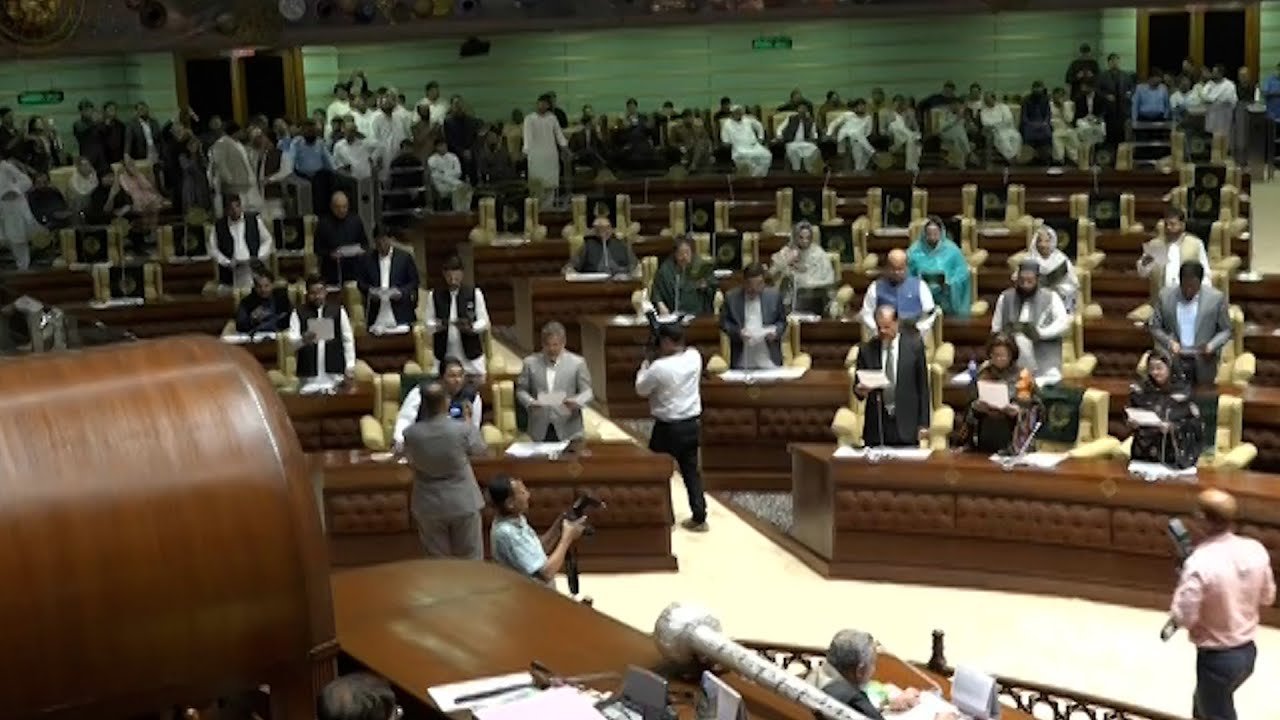Deputy Prime Minister and Foreign Minister Senator Mohammad Ishaq Dar has outlined what he described as one of the most active phases in Pakistan’s recent diplomatic history. His recent global engagements reflect a confident and proactive shift in Pakistan foreign policy, with a focus on peace, connectivity, trade, and principled advocacy at the international stage. From the United Nations Security Council to regional trilateral talks, Dar emphasized that Pakistan is no longer a reactive player but a nation shaping global and regional dialogues.
Pakistan Foreign Policy at the UN Security Council
In July, Pakistan held the presidency of the UN Security Council, marking a key milestone in Pakistan foreign policy. Under its leadership, the Council chaired multiple sessions, including one on Palestine, where a unanimous resolution calling for peaceful conflict resolution was adopted. This diplomatic success highlighted Pakistan’s commitment to global peace and justice, especially on issues impacting the Muslim world.
Dar also reaffirmed Pakistan’s consistent support for Palestine at the France–Saudi co-hosted international conference and the OIC Emergency Foreign Ministers’ Meeting in Jeddah on August 25. At the OIC, Pakistan categorically rejected the controversial ‘Greater Israel’ plan, terming it “illegitimate and unacceptable.”
Strengthening Bilateral Relations in the US and Beyond
As part of his high-level diplomacy, Ishaq Dar visited Washington on July 28, where he met US Secretary of State Marco Rubio. Discussions focused on bilateral, regional, and global issues. He also addressed think tanks such as the Atlantic Council, where his remarks on judicial independence stirred political debates back home. Clarifying his stance, Dar reiterated that Pakistan’s judiciary operates independently and that political actors should not distort diplomatic remarks for domestic mileage.
This engagement underscores the direction of Pakistan foreign policy, which seeks constructive dialogue with major powers while safeguarding the country’s institutional image.
Pakistan Foreign Policy and Regional Diplomacy
One of the highlights of Dar’s diplomatic outreach was his trilateral visit to Kabul on August 20, alongside the Chinese and Afghan foreign ministers. Talks covered refugees, border security, and infrastructure development. A major achievement was the agreement on the Pakistan–Afghanistan–Uzbekistan railway project, while China also agreed in principle to extend CPEC into Afghanistan.
These developments signal a forward-looking Pakistan foreign policy, positioning the country as a bridge for trade and connectivity across South and Central Asia.
Building Ties in Bangladesh and the UK
During his visit to Bangladesh on August 23–24, Dar held rare meetings with leadership from all major political parties, including BNP and Jamaat-e-Islami. Six MoUs were signed, covering trade, visa waivers, and cultural cooperation. He also pushed for SAARC’s revival, highlighting that while Bangladesh was supportive, “one state’s resistance remains a hurdle.”
In the UK, Dar engaged with Deputy PM Angela Rayner and parliamentarians, while launching major diaspora-focused services at the Pakistan High Commission in London. Initiatives included digitised Punjab land records and a “One-Window” passport issuance system. Another major achievement was the lifting of flight restrictions on PIA, with flights to Manchester set to resume in September. The UK–Pakistan Business Advisory Council was also launched to boost trade and investment flows.
These steps demonstrate how Pakistan foreign policy is addressing both diaspora needs and trade expansion.
Strengthening Strategic Partnerships with China
China remains central to Pakistan foreign policy. Dar announced that Pakistan and China will celebrate 75 years of diplomatic relations in 2026, with cultural and economic events planned. He also revealed China’s growing interest in Pakistan’s agriculture, mining, and industrial sectors. Notably, 1,000 Pakistani graduates are being sent to China for advanced agricultural education, strengthening long-term economic collaboration.
Reiterating Pakistan’s unwavering support for the “One China Policy,” Dar highlighted China’s consistent backing of Pakistan on the Kashmir issue, showing the strategic depth of this partnership.
Pakistan Foreign Policy and Global Peacebuilding
Dar also disclosed Pakistan’s quiet diplomatic role during the Iran–Israel conflict. He shared that sincere mediation efforts resulted in Iranian parliamentarians chanting “Shukriya Pakistan” — a rare moment of appreciation for Pakistan’s peace-oriented diplomacy.
Whether in conflict resolution, regional trade, or multilateral forums, Pakistan’s diplomatic engagements showcase a shift toward active participation in shaping global narratives.
The recent initiatives led by Ishaq Dar reflect a transformative phase in Pakistan foreign policy. From the UN to Washington, Kabul to London, and Beijing to Dhaka, Pakistan is engaging with key global and regional players with renewed confidence. This proactive approach signals Pakistan’s intent to play a constructive role in peace, trade, and connectivity while safeguarding national interests.
As Dar concluded: We’re not just reacting; we are shaping regional conversations and global dialogues. Our foreign policy is rooted in principle, backed by experience, and aligned with the aspirations of the Pakistani people.



